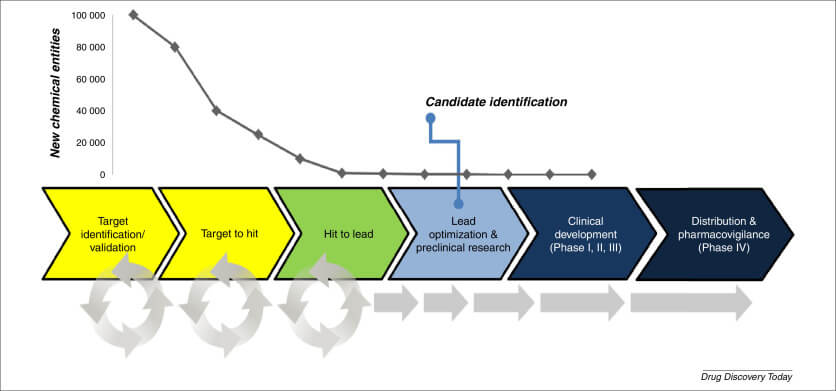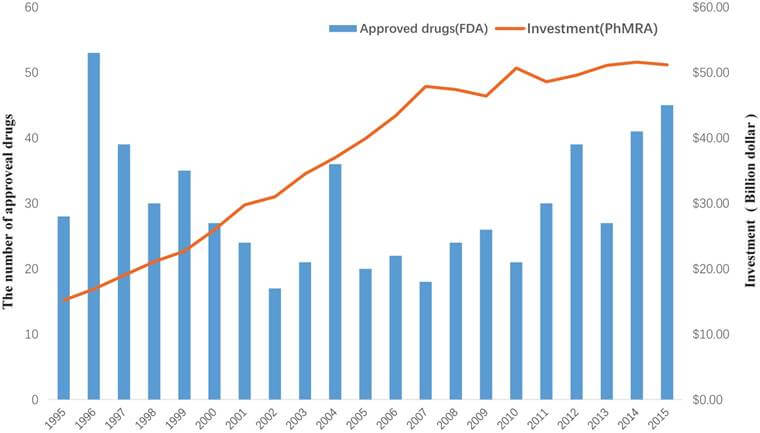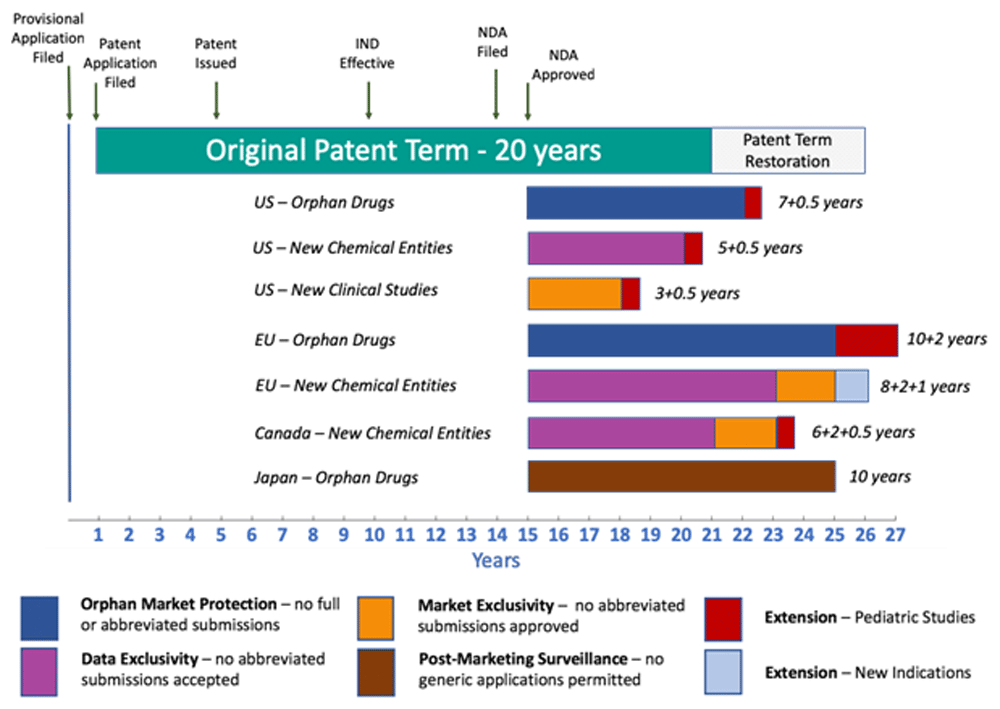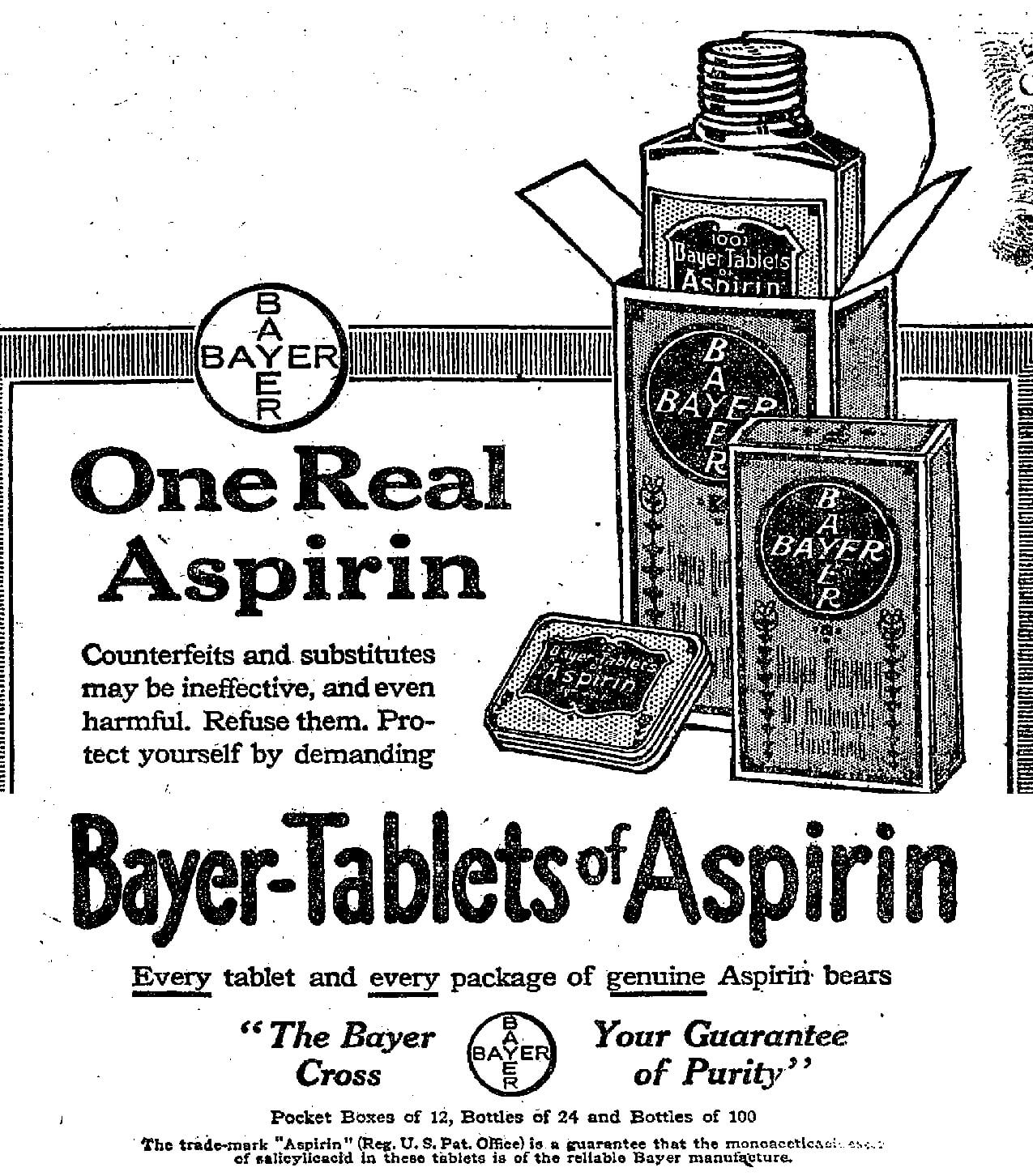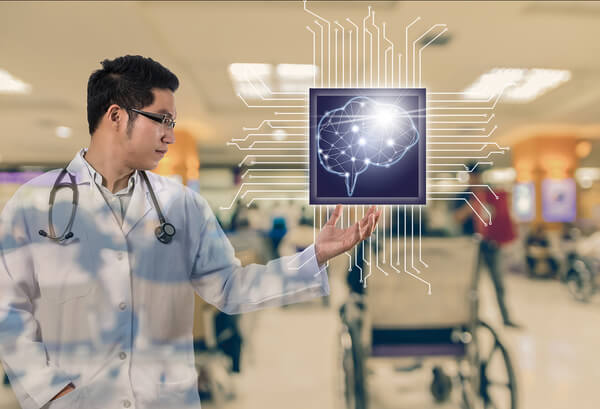Machine learning (ML) has emerged as a game-changing technology in healthcare and pharmaceuticals. This powerful tool is revolutionizing the way we approach drug discovery, development, and patient care. But what exactly are the applications of machine learning in the pharmaceutical industry? Let’s dive in and explore eight groundbreaking ways ML is transforming the world of medicine.
1. Accelerating Drug Discovery and Design
Imagine being able to sift through millions of potential drug compounds in a fraction of the time it would take a human researcher. That’s exactly what machine learning is doing for drug discovery and design. By analyzing vast amounts of biological data, including genomics and proteomics, ML algorithms can identify disease-associated targets and predict their interactions with potential drug candidates[1].
Predictive Analytics in Drug Discovery
Machine learning models, particularly supervised learning algorithms, are being used to predict the activity or properties of new drug candidates. These models are trained on datasets of known compounds and their associated activities, learning patterns and relationships between molecular features and desired outcomes[2].
Virtual Screening and Compound Library Design
ML algorithms are revolutionizing the way we screen potential drug compounds. They can virtually screen large chemical libraries to identify promising candidates, significantly reducing the number of compounds that need to be synthesized and tested in the lab[3].
“Machine learning can analyze biological data to identify potential drug targets, such as proteins or genes associated with a disease. This helps researchers focus their efforts on the most promising avenues.” – MRL Recruitment[3]
2. Enhancing Clinical Trial Optimization
Clinical trials are a crucial yet time-consuming and expensive part of drug development. Machine learning is stepping in to streamline this process, making it more efficient and cost-effective.
Patient Recruitment and Stratification
ML algorithms can analyze patient data to identify suitable candidates for clinical trials, ensuring a more diverse and representative sample. This not only speeds up the recruitment process but also improves the overall quality of the trial[3].
Predictive Modeling for Trial Outcomes
By training on historical clinical trial data, ML models can predict patient responses, treatment efficacy, and safety outcomes. This valuable information can guide trial design and optimize patient selection, potentially reducing the likelihood of trial failures[2].
3. Revolutionizing Drug Manufacturing and Quality Control
In the realm of drug manufacturing, machine learning is proving to be a powerful ally in ensuring quality and efficiency.
Predictive Maintenance
ML models can analyze data from manufacturing processes and equipment sensors to predict potential failures or quality deviations. This proactive approach allows for timely maintenance, reducing downtime and ensuring consistent product quality[2].
Process Optimization
By analyzing production data, ML algorithms can identify opportunities for process improvement, leading to increased efficiency and reduced costs[3].
4. Advancing Personalized Medicine
The era of one-size-fits-all medicine is coming to an end, thanks in part to machine learning’s ability to analyze individual patient data and tailor treatments accordingly.
Genomic Medicine
ML models can analyze genetic data to personalize treatment options, matching drugs to a patient’s genetic profile. This approach can significantly improve treatment efficacy and reduce adverse reactions[3].
Treatment Response Prediction
By analyzing patient data, including genetic information and medical history, ML algorithms can predict how an individual might respond to different treatments, allowing for more personalized and effective care[1].
5. Enhancing Drug Safety and Pharmacovigilance
Ensuring drug safety is paramount in the pharmaceutical industry, and machine learning is playing a crucial role in this area.
Adverse Event Detection
ML algorithms can be applied to pharmacovigilance data to identify and classify adverse events associated with drugs. By analyzing labeled adverse event reports, these models can recognize patterns and identify potential safety signals, aiding in the early detection and characterization of adverse events[2].
Drug-Drug Interaction Prediction
Machine learning helps in identifying potential interactions between different drugs, which is crucial for avoiding adverse effects when multiple medications are used simultaneously[3].
“Machine learning can be used to monitor real-world data, such as electronic health records, to detect and assess adverse events associated with drugs.” – MRL Recruitment[3]
6. Facilitating Drug Repurposing
Drug repurposing, or finding new uses for existing drugs, is an area where machine learning is making significant strides.
Identifying New Indications
ML models can predict how existing drugs might be used to treat new diseases by analyzing existing data and identifying potential candidates for repositioning. This approach can significantly reduce the time and cost associated with bringing new treatments to market[3].
Analyzing Scientific Literature
Natural Language Processing (NLP) techniques can be used to mine existing scientific literature for potential drug repurposing opportunities. This can uncover connections that might not be immediately apparent to human researchers[4].
7. Improving Supply Chain Management
The pharmaceutical supply chain is complex and critical. Machine learning is helping to optimize this crucial aspect of the industry.
Demand Forecasting
ML algorithms can analyze historical data, market trends, and other relevant factors to predict demand for different drugs. This can help pharmaceutical companies optimize their inventory and production schedules[1].
Risk Management
By analyzing supply chain data, ML models can identify potential risks and disruptions, allowing companies to take proactive measures to ensure a steady supply of critical medications[1].
8. Enhancing Marketing and Sales Strategies
In the competitive pharmaceutical market, machine learning is providing valuable insights to improve marketing and sales strategies.
Customer Segmentation
ML algorithms can analyze customer data to identify distinct segments, allowing for more targeted and effective marketing campaigns[1].
Sales Forecasting
By analyzing historical sales data and market trends, ML models can provide accurate sales forecasts, helping companies make informed decisions about production and distribution[1].
Key Takeaways
Machine learning is revolutionizing the pharmaceutical industry in numerous ways:
- Accelerating drug discovery and design
- Optimizing clinical trials
- Improving drug manufacturing and quality control
- Advancing personalized medicine
- Enhancing drug safety and pharmacovigilance
- Facilitating drug repurposing
- Optimizing supply chain management
- Enhancing marketing and sales strategies
These applications are not only improving efficiency and reducing costs but also have the potential to significantly improve patient outcomes and accelerate the development of life-saving treatments.
FAQs
- How does machine learning improve drug discovery?
Machine learning algorithms can analyze vast amounts of biological data to identify potential drug targets and predict the efficacy of drug candidates, significantly speeding up the discovery process. - Can machine learning help reduce the cost of clinical trials?
Yes, by optimizing patient recruitment, predicting trial outcomes, and improving trial design, machine learning can make clinical trials more efficient and cost-effective. - How does machine learning contribute to personalized medicine?
ML models can analyze individual patient data, including genetic information, to predict treatment responses and tailor treatments to each patient’s unique profile. - What role does machine learning play in drug safety?
Machine learning algorithms can analyze pharmacovigilance data to detect adverse events and predict potential drug-drug interactions, enhancing drug safety monitoring. - How is machine learning changing pharmaceutical marketing?
ML is enabling more targeted marketing strategies through customer segmentation and providing accurate sales forecasts to inform decision-making.
Sources cited:
[1] https://www.linkedin.com/pulse/machine-learning-pharma-industry-venugopal-ramanathan
[2] https://pmc.ncbi.nlm.nih.gov/articles/PMC10385763/
[3] https://www.mrlcg.com/resources/blog/machine-learning-for-drug-discovery/
[4] https://www.ncbi.nlm.nih.gov/pmc/articles/PMC10302550/











